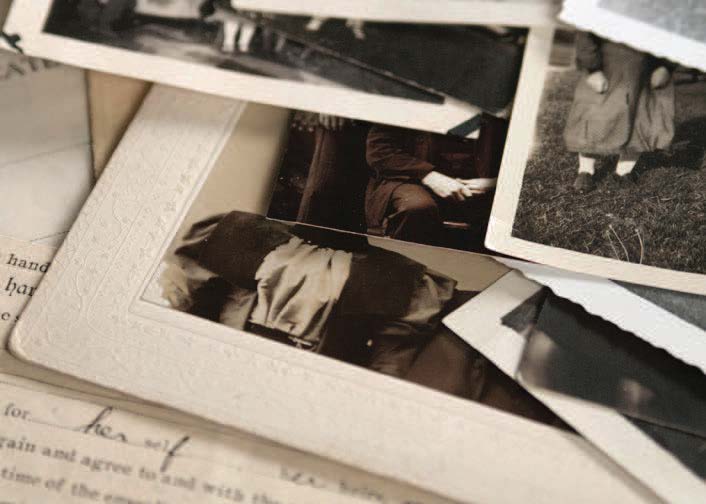As I watched our granddaughter – the latest to graduate from high school – process down the aisle with her classmates, the words to the song “Sunrise, Sunset,” immortalized by the father in “Fiddler on the Roof,” played over and over in my mind. I doubt there is a parent or grandparent who hasn’t watched a family member graduate or marry and wonder: where did the time go?
It seemed like only yesterday that we were celebrating Olivia’s birth. Eighteen years later, it was hard to believe that the little girl we once carried had become a young woman, standing on the precipice of adulthood. The years seemed to have evaporated in midair, so it’s understandable that amid congratulatory hugs and kisses, the silent tears that swelled in the eyes of parents and grandparents went unnoticed.
At such poignant moments, it’s not unusual for joy to give way to a nostalgic longing for a past that seemed to have slipped away before it could be sufficiently appreciated.
I was reminded of this as I read Bishop Knestout’s column about his 60th birthday. A stroll down memory lane is something we all do, especially when we celebrate life’s meaningful milestones. Clearly, we are a product of our past, and gathering the fragments is one way to tell our story and memorialize our personal narrative. Experiences — good and bad, blessings and challenges — are part of our formation history, a process that is often recognized and appreciated only in retrospect.
Recalling past events with the benefit of present understanding is a bit like putting together a puzzle, watching seemingly random pieces fall into place, which eventually form the landscape of the present. When reviewing life’s events through a rear-view mirror, previous challenges are often recognized as opportunities that only time could reveal.
The sight of graduates tossing their hats into the air is a visible reminder that all the study and hard work they endured was worth the price and a reason to celebrate. With the ink on their diplomas barely dry, they look to the future, reassured that hopes and dreams can and do come true.
What the future holds for young people who are graduating this year has yet to be discovered. The world they live in is very different from the one we inherited, but hopefully they will know that no matter how difficult or lonely the road they travel may appear, they are never alone.
This was the message that Bishop Douglas Parkes of the Diocese of Savannah, Georgia, imparted to Olivia’s class during the commencement address. Wishing to direct their attention to the presence of God in the here and now, he began by quoting Eleanor Roosevelt, who notably remarked, “The past is history, the future is mystery, today is gift; that’s why it’s called the present.”
This is not a new concept. Throughout the ages, saints and mystics have written about the sacrament of the present moment. However, knowing it and living it are different, especially in a world that bombards us with messages that distract us from what is really important in life, which is the presence of God in our midst.
Emmanuel (God with us) is not mere hyperbole, but a viable truth, so turning to him frequently is the only way to truly value the present. One of my favorite references to the Son of God is Jesus as the “Eternal Now.”
In the words of poet Don Mee Choi, “It can take billions of years for light to reach us through the galaxies, which is to say that history is ever arriving” and so Jesus is ever with us, continually renewing his sacrifice on Calvary for the forgiveness of our sins.
Time is a human construct, in which all things are passing. What gives them value is recognizing that our possessions, our talents and yes, even our time, are gifts from God that have been loaned to us to consecrate and offer to the Father in union with Jesus. It’s this type of offering that makes every moment holy and all that we do a means of deepening our relationship with God now and for all eternity.
Although setting goals and planning are an important part of life, so is learning to let go of all that stands in the way of God, whether they are possessions, achievements or preconceived notions, so that we may better appreciate all that life holds in the here and now.
Not only will it help us value the present as gift, but it will enable us to enjoy the present before it slips through our fingers.

